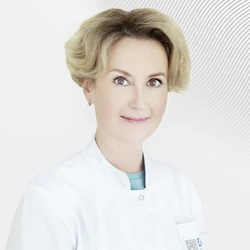Hepatitis C virus (HCV) is the only virus of the genus Hepadnovirus in the family Flaviviridae, which contains a ribonucleic acid (RNA)
chain.
The diagnosis of HCV infection can be suspected with increased activity of liver enzymes in combination with risk factors. But, despite this, the peculiarity of the disease is the latent form of the course: for a long period, the patient may not show symptoms indicating the presence of the virus.
To confirm the diagnosis, a number of tests must be performed, including a blood test of hepatitis C virus RNA. However, some patients may have negative test results, so a repeat examination should be performed at least 6 months later.
Laboratory diagnosis of hepatitis C
Laboratory diagnostics is based on the identification of specific markers of infection with the virus (hepatitis C virus RNA, antibodies)
.
The stage of laboratory diagnostics:
- if two norms of indicators of the biochemical spectrum of blood serum are exceeded: AST, ALT, alkaline phosphatase and total bilirubin, an immune enzyme blood test for anti-HCV is performed;
- when antibodies to viral hepatitis C are detected, the next stage of diagnosis is carried out - the determination of hepatitis C virus RNA in blood serum by PCR;
- with elevated liver counts, a positive result of immune enzyme analysis and polymerase chain reaction, clinical diagnostics, selection of antiviral therapy and monitoring of the effectiveness of hepatitis C treatment are performed;
- in case of exceeding the norm in liver samples and a negative result of immune-enzyme analysis, and in case of exceeding the norm in liver samples, a negative result of polymerase chain reaction and a positive result of immune-enzyme analysis, dynamic monitoring of the patient is carried out once every 6 months for 2 years.
Clinical diagnosis of hepatitis C
The diagnosis of acute hepatitis C is made on the basis of clinical (increased liver manifestations – telactoectasia, hepatic palms, an increase in the size of the liver and spleen), virological (the presence of viral RNA and/or antibodies in the blood), biochemical (increased activity of aminotransferases-AST and ALT, bilirubin) data that have a clear connection with parenteral manipulations in the first months before its development: surgical operations, blood transfusion, injection of narcotic drugs
, etc.
Unfortunately, most patients have no signs of acute hepatitis, and the detection of viral RNA does not allow to distinguish acute hepatitis from chronic hepatitis. In this case, the diagnosis of hepatitis C should be based on the availability of relevant data from an epidemic history 1-6 months before the first signs of hepatitis C, which are antibodies to the hepatitis C virus and increased AST and ALT.
Laboratory and instrumental diagnostics of chronic hepatitis in the European Medical Center
Biochemical blood test
- study of the level of bilirubin fractions in the blood;
- blood urea test;
- blood creatinine level study;
- blood aminotransferase (AST) level study;
- blood aminotransferase (ALT) level study;
- study of the level of gamma-glutamyltranspeptidose (GGTP);
- the study of the level of alkaline phosphatase in the blood.
General clinical blood test
- HCV quantitative RNA PCR
- Extended genotyping of hepatitis C virus
- definition of HBsAp;
- determination of quantitative antibodies to HBsAg-
- determination of total antibodies to HCV;
Ultrasound of the abdominal cavity with liver elastometry
Liver fibroscopy with CAP function
The examination can be extended if the patient has severe forms of liver disease.
Based on the examination data, the patient is selected for antiviral therapy.
EMC doctors prescribe only modern antiviral drugs registered in the Russian Federation.All treatment regimens do not contain interferons, ribavirin, and therefore have no side effects. The effectiveness of interferon-free treatment regimens is about 100%, the duration of treatment is from 8 to 16 weeks.
Was this information helpful?
Questions and answers
Ask a Question
Get a consultation
Timely consultation to prevent negative consequences for your health
The leading European multidisciplinary clinic
We work at the level of the best international standards, introducing and developing advanced treatment methods
600
world-renowned
doctors
doctors
57
treatment
options
options
36
years taking care
of your health
of your health
24/7
we work
at any
convenient time
at any
convenient time
Subscribe to the newsletter
Find out before others about the special offers
and new products of the EMC
and new products of the EMC





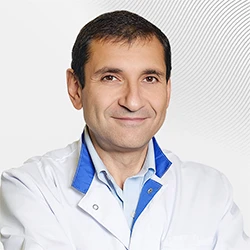

.webp)
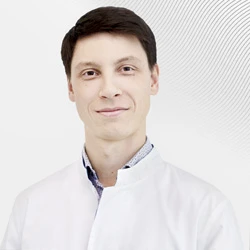
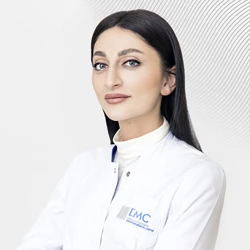
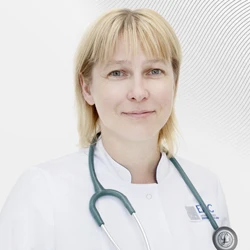
.webp)
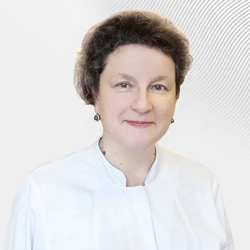
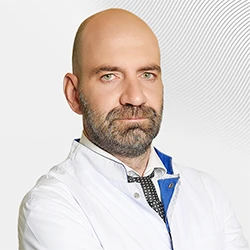
.webp)

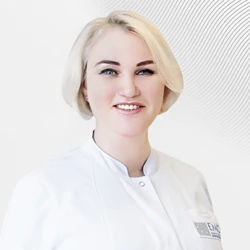
.webp)
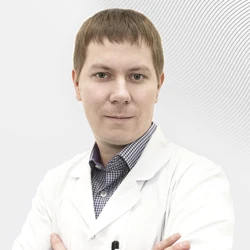
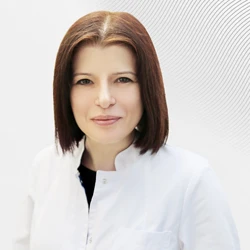
.webp)
.webp)
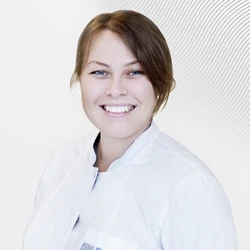
.webp)
